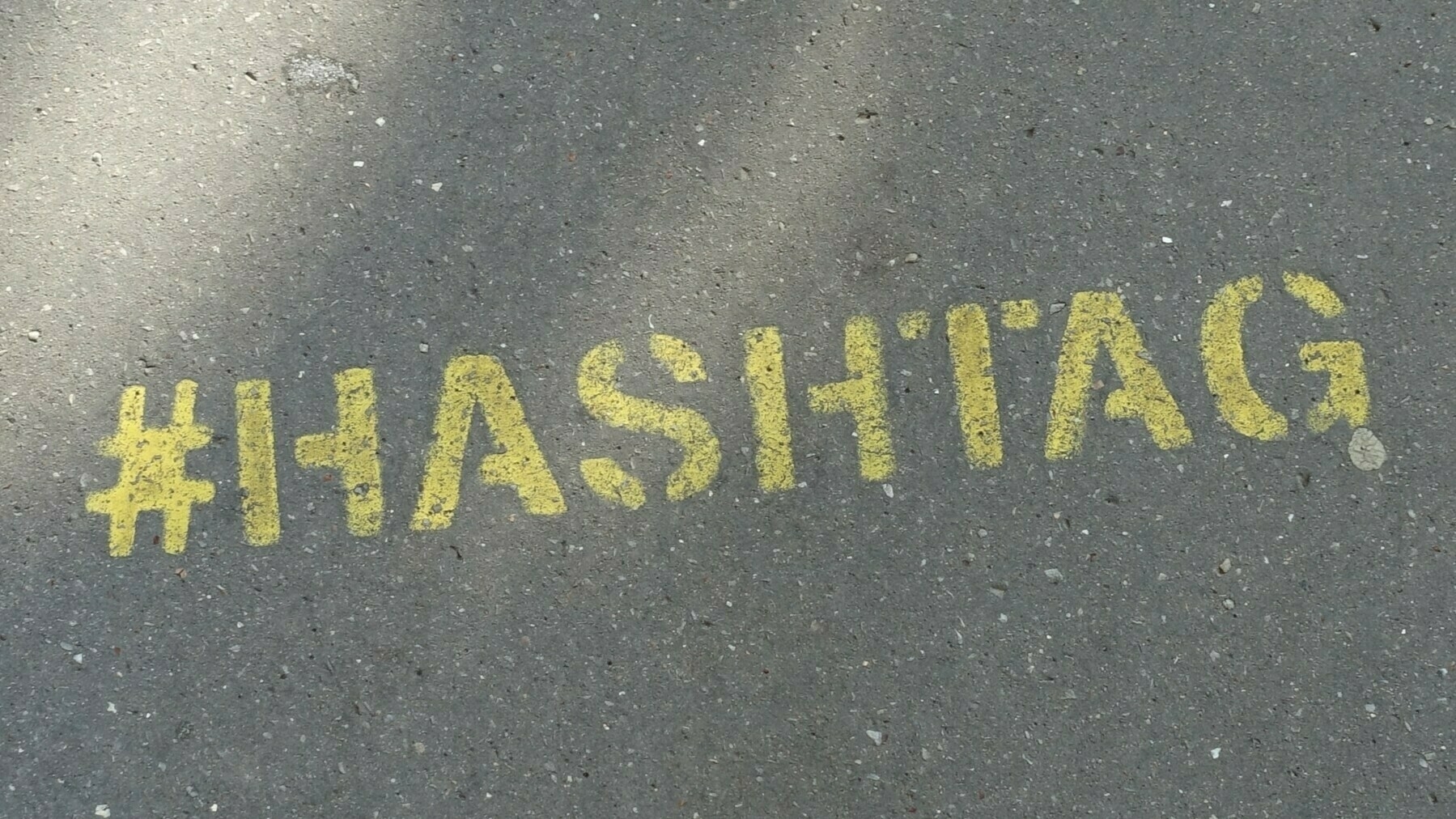Can you make your autobiography out of hashtags?
 Image credit[^1]
Image credit[^1]
The hashtags of a cyberneticist
In 1963 Ross Ashby, the British cyberneticist and inventor of the automatic homeostat, engraved a tiny schnapps glass with a list of things his wife liked. He called this gift A Cup of Happiness from Ross to Rosebud.
When I read the tiny spiral writing engraved on that glass it seemed like a very personal version of the hashtags by which, sixty years later, people on Mastodon or other social networking sites introduce themselves. But they are also a rather touching distillation of the couple’s life together.
Since reading this, I’ve been over-thinking what hashtags I might use for this purpose, and Ross Ashby’s attempt has inspired me. Not that my hashtags would be anything like these, but their bourgeois English everyday intimacy does have a certain kind of charm. As a historical document the list fairly oozes ‘mid-century anti-modern’! Here are the items, in full:
Jill ~ Pottery ~ Sally ~ TR2 ~ Ruth ~ Arranging flowers ~ Preserved ginger ~ ITMA ~ Shaffers ~ Steven ~ Dinard ~ Tennis ~ Mark ~ May Hill ~ John ~ Merrow Down ~ Richard ~ Lobster ~ Bread making ~ Michael ~ Clive Brook ~ Bear Lake ~ Chas. B Cochran ~ Auctions ~ Wood fires ~ Stratford ~ Terry’s ~ Gardening ~ Cookham ~ Tiddles ~ Repertory ~ Swimming ~ Bingen ~ Green Ridges ~ Sand castles ~ Ewhurst ~ Nov. 1926 ~ Cheltenham ~ Monday Night at Eight ~ Ouray ~ Delphiniums ~ Windon House ~ North Devon ~ Eau de Cologne ~ Dressmaking ~ Rhossilli ~ Tea ~ Palo Alto ~ Hot baths ~ Take it from here ~ Earrings ~ Cornwall ~ Geraniums ~ Painswick ~ Bear Grass ~ Oeufs Mournay ~ Furs ~ Vanilla slice ~ Crème de Menthe ~ Gt. Smith Street. Source
There are several different ways of reading this list. You can highlight interests:
Pottery, arranging flowers, tennis, bread making, gardening, swimming
Or you can name favourite places and houses:
Shaffers, Dinard, May Hill, Merrow Down, Bear Lake, Stratford, Cookham, Bingham, Ewhurst, Cheltenham, Ouray, North Devon, Rhossilli, Palo Alto, Cornwall, Painswick, Terry’s, Green Ridges (the house they built)
You can remember favourite people:
Jill, Sally, Ruth, Steven, Mark, John, Richard, Michael,
Or shows:
ITMA, Monday Night at Eight, Take it from Here, Chas. B Cochran (impressario of Cole Porter and Noel Coward musicals)
Or favourite foods:
Preserved ginger, lobster, tea, oeufs mornay, vanilla slice, creme de menthe
Or beloved objects:
TR2 (the Ashbys' sports car), wood fires, sand castles, delphiniums, eau de cologne, hot baths, earrings, geraniums, bear grass, furs
Or special moments:
Nov. 1926, Gt Smith Street (the place in central London where the couple first met)
According to the Ross Ashby information site, Tiddles was their cat. The rest we have to work out for ourselves.
What do your own hashtags say about you?
If you think about your own list of hashtags, I wonder which personal ones you left out, since the Internet doesn’t need to know everything about us (read: has already categorised us to the minutest detail).
For example, web developer Jeremy Keith has a ‘bedroll’ list on his website of people who have visited his house in Brighton. Who else does this?! Hashtags may be quite generic, but in combination they can tell a unique story.
Cybernetics revisited
Clearly no mention of Ross Ashby can go without reference to cybernetics, which is seemingly back in fashion. As the AI revolution takes off there’s a renewed interest in revisiting the aims of the earlier cyberneticians, and to some extent their methods. A new School of Cybernetics has recently opened at the Australian National University (part-funded by Microsoft, Meta and others), with a public exhibition that took place until 2 December 2022. The school is led by Prof Genevieve Bell, a former vice president of Intel.
The claim is:
“We focus on systems – rather than specific technologies, or disciplines—as the unit of analysis. Cybernetics offers a way of transcending boundaries, of thinking in systems and ensuring that humans, technology and the physical environment are in the frame as technology advances and transforms the world around us. It is a way to imagine humans steering technical systems safely through the world.”
And there’s plenty more on what they’re calling ‘the new cybernetics’.
I can’t help thinking: there’s a lot of politics in who gets to do the steering. The culture of Microsoft and Meta is powerfully to resist being steered, at every possible opportunity, law-suit by law-suit for eternity. Cyberneticist Stafford Beer’s support for the socialist Allende government of Chile is probably not a model they’re all that interested in. But if you are interested in what might have been, you could do worse than listen to Evgeny Morozov’s podcast, The Santiago Boys. I’ve found it fascinating.